The problematic thing about ‘superfoods’ is that they don’t actually exist. Technically, when it comes to nutrition, there is no such thing. This is because no food can provide all the proper vitamins and minerals your body needs. However, the term superfood has been around for a while now, and it doesn’t seem to be going anywhere. Ideally, you need to combine a variety of healthy foods in order to fulfil your body’s nutritional needs. A balanced diet is always the answer, and it’s vital to remember that no single food is a “fix all.”
What counts as a “superfood”?
When it comes down to it, the term “superfood” is simply a marketing ploy. However, foods that are recognized as superfoods are typically extremely healthy. Merriam Webster defines superfoods as “a food that is rich in [beneficial] compounds (antioxidants, fiber, and fatty acids) that is considered beneficial to a person’s health”. Essentially, it can be defined loosely as a food that offers high levels of beneficial nutrients. It usually includes foods that are linked to “promoting personal health and wellness or preventing disease and sickness”.
So, it’s a marketing term, but where did it come from?
![beautify skin with banana peels [longevity live]](https://longevitylive.com/wp-content/uploads/2019/12/yellow-banana-on-hand-2280926-232x320.jpg) Somewhat interestingly, the term “superfood” was first used in the early 20th century as a way to market bananas. Unsurprisingly, this term had no basis in any formal scientific or nutritional study. It was simply there to encourage people to buy bananas. The term was developed by The United Fruit Company’, who used it to promote the “practicality” of bananas. Essentially, their message was that bananas were an easy to carry, cheap source of daily nutrients. And, it worked…ever since bananas have been endorsed as a superfood. Doctors and medical specialists often hail bananas as ‘great food’ to eat. And say it can be used for “a number of ailments, including celiac disease and diabetes”. Prior to the discovery of gluten, the American Medical Association believed that bananas could cure celiac disease.
Somewhat interestingly, the term “superfood” was first used in the early 20th century as a way to market bananas. Unsurprisingly, this term had no basis in any formal scientific or nutritional study. It was simply there to encourage people to buy bananas. The term was developed by The United Fruit Company’, who used it to promote the “practicality” of bananas. Essentially, their message was that bananas were an easy to carry, cheap source of daily nutrients. And, it worked…ever since bananas have been endorsed as a superfood. Doctors and medical specialists often hail bananas as ‘great food’ to eat. And say it can be used for “a number of ailments, including celiac disease and diabetes”. Prior to the discovery of gluten, the American Medical Association believed that bananas could cure celiac disease.
Are there any ‘real’ superfoods or is it all hype?
The short answer is no, certain ‘superfoods’ do provide benefits when included in a healthy, balanced diet. It’s important to remember that it’s all about balance. Even when it comes to superfoods. Our bodies require a wide range of vitamins and nutrients in order to function properly. That being said, there are ‘superfoods’ that would be great to include in your diet.
Leafy Greens
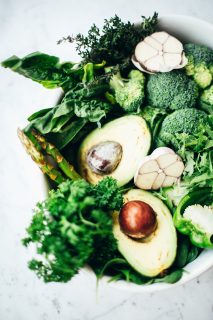
Photo by Daria Shevtsova from Pexels
It’s pretty well documented that dark, leafy greens are of huge benefit. They are a fabulous source of nutrients such as folate, zinc, calcium, fiber, iron, magnesium, and even vitamin C. The reason for their “superfood” status is likely due to their ability to reduce the risk of chronic illnesses. These include illnesses such as heart disease and diabetes type 2. Leafy greens also contain high levels of carotenoids. These are anti-inflammatory compounds that have been found to reduce the risk of some cancers.
Examples of dark leafy greens:
- Kale
- Bok Choy (Chinese chard)
- Collard Greens
- Spinach
Berries
Berries are often marketed as superfoods, and it’s not all marketing nonsense. They are packed to the brim with ![[longevity live]](https://longevitylive.com/wp-content/uploads/2018/09/berries-blackberries-blueberries-1201626-320x214.jpg) vitamins, minerals, fiber, and antioxidants. Their high antioxidant content is best known for reducing the risk of heart disease, some cancers, and other inflammatory diseases. There have also been some studies that show berries as being effective in the treatment of immune disorders.
vitamins, minerals, fiber, and antioxidants. Their high antioxidant content is best known for reducing the risk of heart disease, some cancers, and other inflammatory diseases. There have also been some studies that show berries as being effective in the treatment of immune disorders.
Examples of berries
- Raspberries
- Strawberries
- Blackberries
- Cranberries
- Blueberries
Green tea
Green tea is well known for its health benefits. The main source of its benefits comes from the antioxidant called catechin. Catechins in green tea are likely what gives it its medicinal properties. Greens tea is helpful in protecting against chronic diseases such as heart disease, diabetes, and cancer. It can be consumed in tea form or alternatively, as a supplement.
Legumes
They are all packed full of nutrients and can play a key role in the management of various diseases such as diabetes type 2. And are also rich in B vitamins,
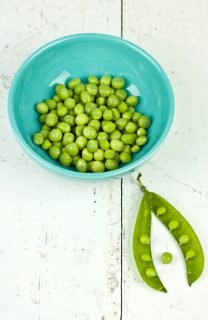
Photo by R Khalil from Pexels
minerals, protein, and fiber. Other benefits of legumes and pulses include reducing blood pressure and cholesterol.
Examples of legumes and pulses:
- Beans (including soybeans)
- Lentils
- Peas
- Alfalfa
Salmon
Salmon earns its title as a ‘superfood’ due to the fact that it is a powerhouse of nutrients. It contains healthy fats, protein, 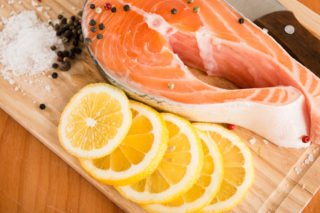 multiple B vitamins, potassium and selenium. It is also one of the best sources of omega-3 fatty acids which are best known for reducing inflammation. Including salmon in your diet can also aid in lowering your risk of heart disease and diabetes type 2. It is also beneficial for weight loss and maintenance. Because of the possible heavy metal contamination in seafood, salmon should be eaten relatively sparingly. Healthline recommends that consumption should be limited to two or three servings per week.
multiple B vitamins, potassium and selenium. It is also one of the best sources of omega-3 fatty acids which are best known for reducing inflammation. Including salmon in your diet can also aid in lowering your risk of heart disease and diabetes type 2. It is also beneficial for weight loss and maintenance. Because of the possible heavy metal contamination in seafood, salmon should be eaten relatively sparingly. Healthline recommends that consumption should be limited to two or three servings per week.
Avocado
Another well-known ‘superfood’, avocado is highly nutritious and extremely popular. One of the best aspects 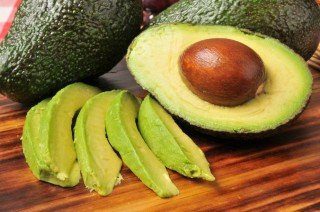 of avocado is its flexibility. You can enjoy avocado on toast, in a salad, or even on its own. It’s actually a fruit but is prepared and treated more like a vegetable. It’s full of nutrients including fiber, vitamins, minerals, and healthy fats. Avocado is high in monounsaturated fats, which are a healthy type of fat. The most prominent of these is oleic acid, which is linked to reducing inflammation in the body. Eating avocado regularly may also help to reduce your risk of heart disease, diabetes, metabolic syndrome, and even certain cancers.
of avocado is its flexibility. You can enjoy avocado on toast, in a salad, or even on its own. It’s actually a fruit but is prepared and treated more like a vegetable. It’s full of nutrients including fiber, vitamins, minerals, and healthy fats. Avocado is high in monounsaturated fats, which are a healthy type of fat. The most prominent of these is oleic acid, which is linked to reducing inflammation in the body. Eating avocado regularly may also help to reduce your risk of heart disease, diabetes, metabolic syndrome, and even certain cancers.
The last word
Although superfoods don’t really exist, there are foods that are hugely beneficial and extremely healthy. In order to stay healthy, a balanced diet is vital. Health cannot be supported by one food alone. Instead, your diet should be varied and include a wide variety of foods. Moderation is key when it comes to everything. This article makes mention of the ‘main’ six ‘superfoods’. Others often included in the list include olive oil, mushrooms, sweet potatoes, garlic, turmeric, ginger, nuts, and seeds. Including superfoods in your diet could likely have many health benefits. These could include improved longevity due to a lower risk of chronic illnesses and diseases.
References:
https://www.ucdavis.edu/food/what-makes-superfood-so-super/
https://www.unlockfood.ca/en/Articles/Cooking/Food-Preparation/All-about-dark-leafy-greens.aspx
https://www.hsph.harvard.edu/nutritionsource/legumes-pulses/
https://www.healthline.com/nutrition/true-superfoods#TOC_TITLE_HDR_6
https://www.health.harvard.edu/blog/10-superfoods-to-boost-a-healthy-diet-2018082914463


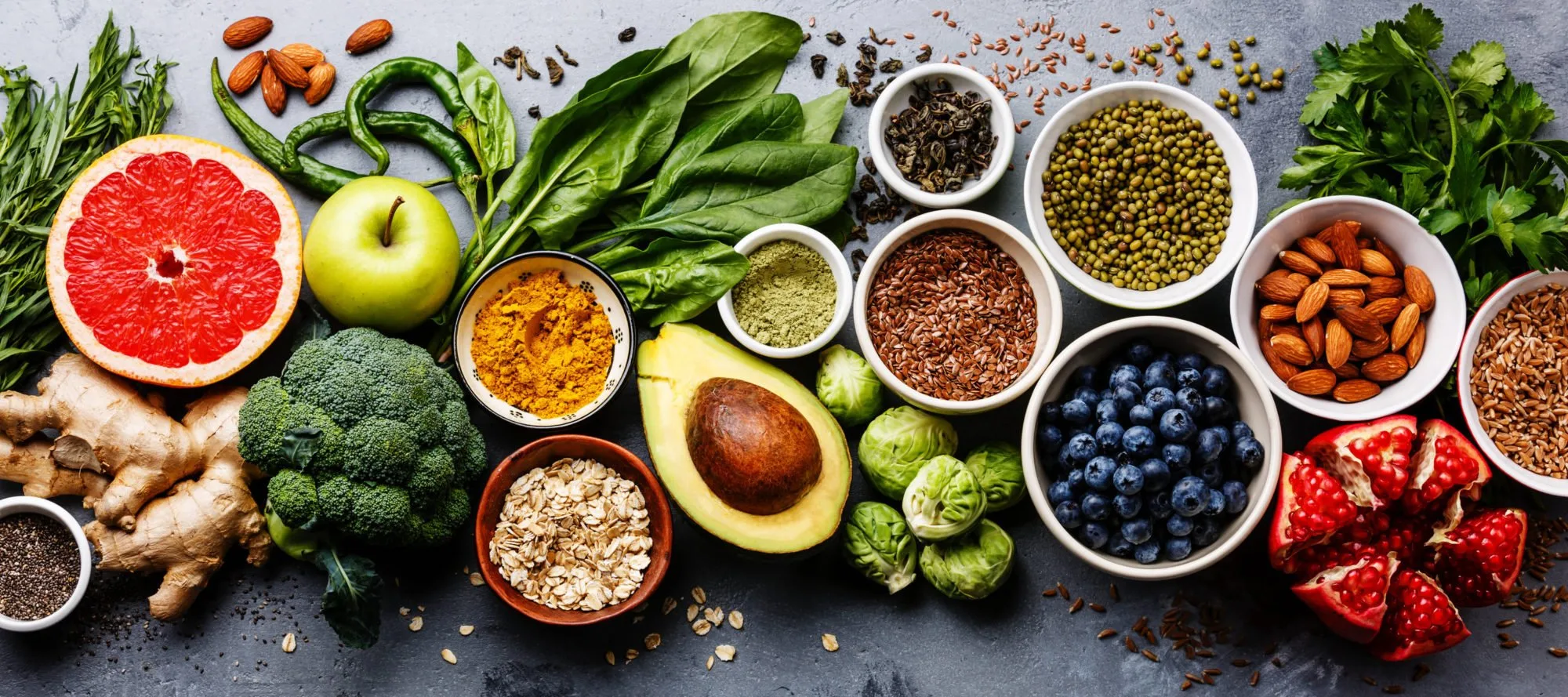


![women [longevity live]](https://longevitylive.com/wp-content/uploads/2020/01/photo-of-women-walking-down-the-street-1116984-100x100.jpg)










